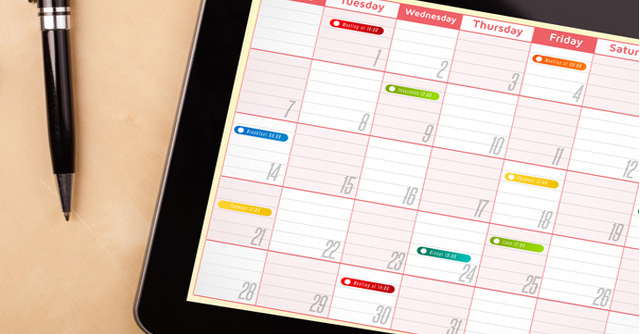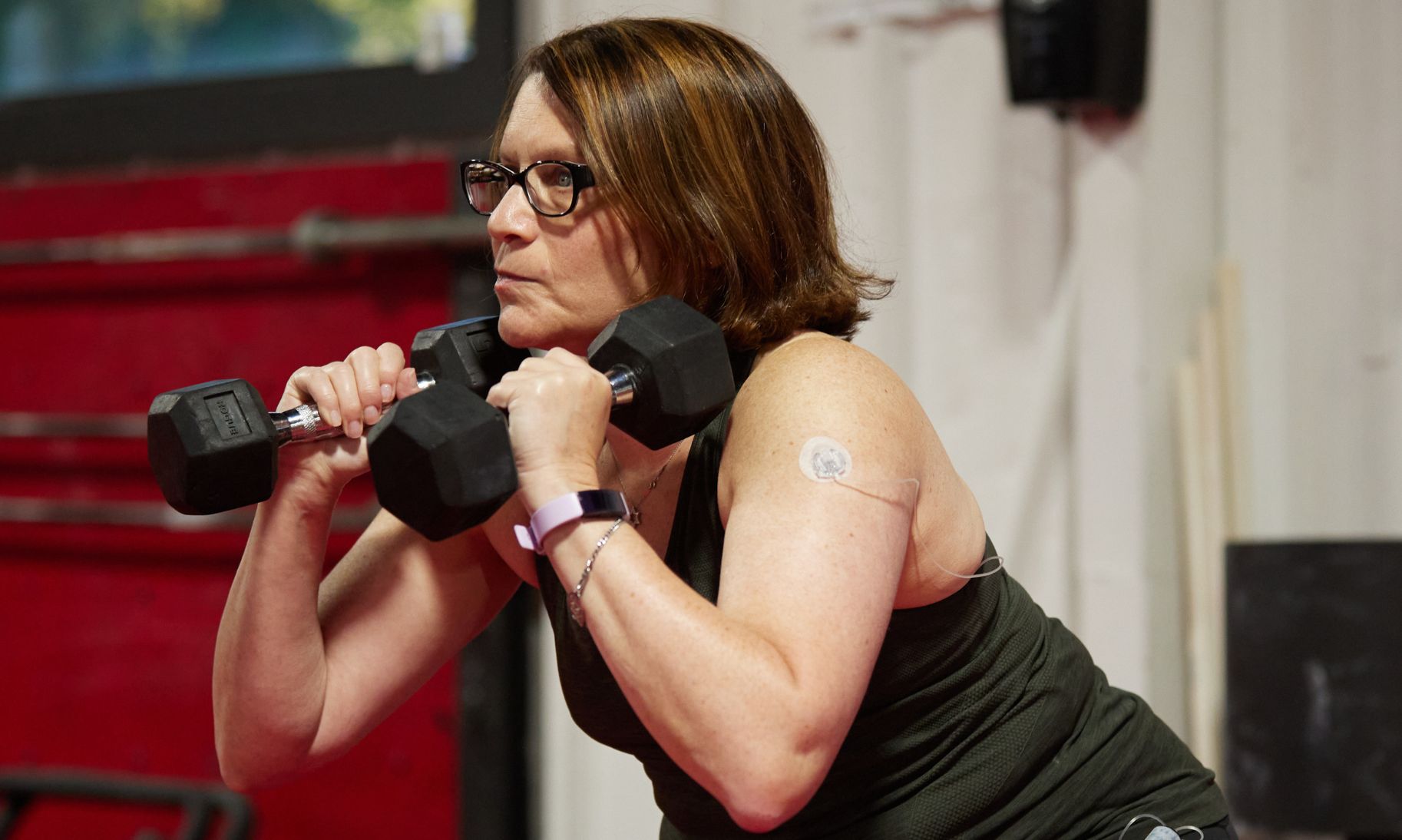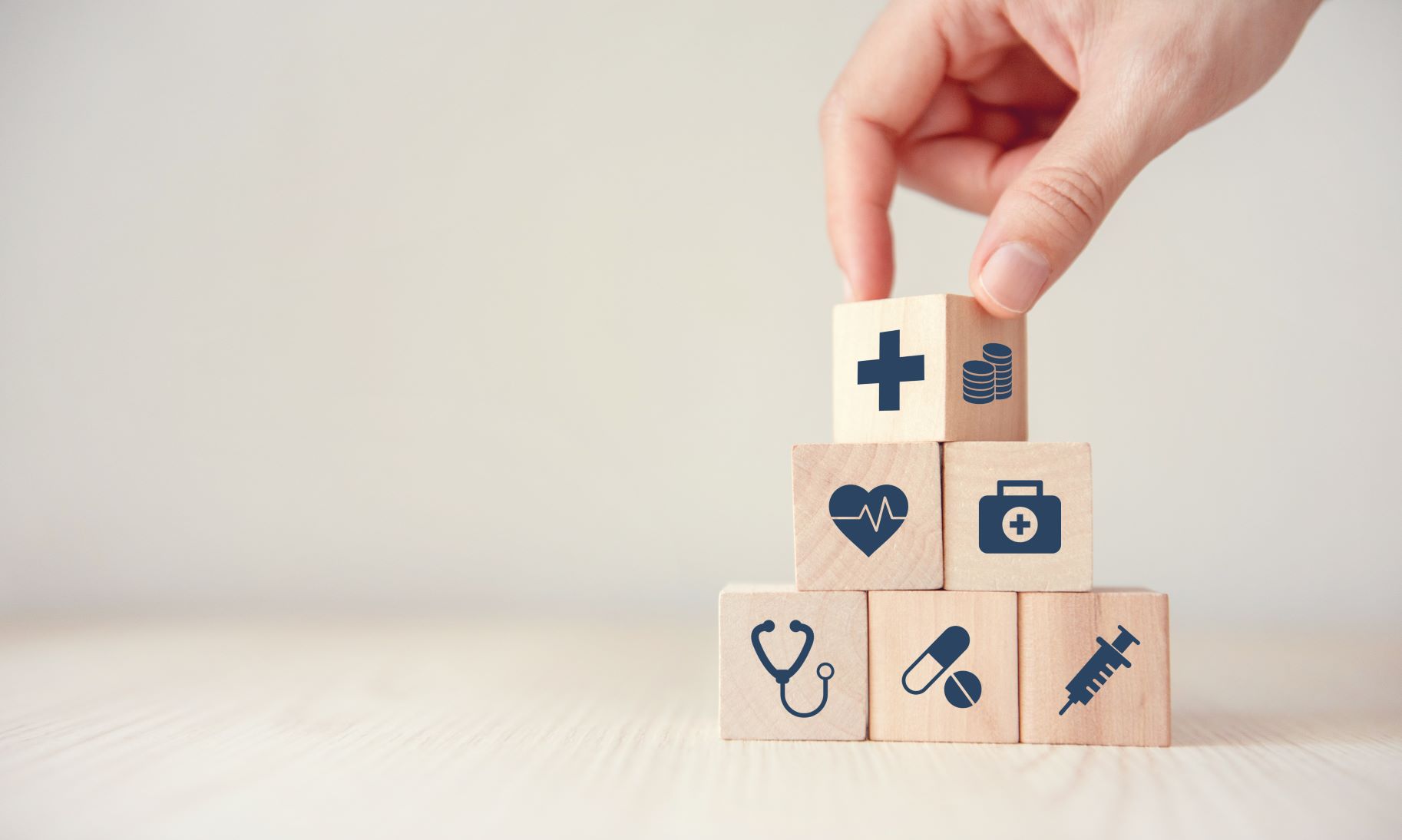Establishing a routine for year-round diabetes care

What are some things you need to know about routine care when you have diabetes and take insulin? How often do you need to see your doctor? What tests and checks are usually done?
Let's take a look at healthful routines to help you care for your diabetes throughout the year.
Daily:
- Check your blood glucose (BG) at least 3 times a day

- Count your carbs before meals and snacks
- Take insulin
- Exercise (150 minutes per week) to help improve your cholesterol, reduce stress, lower blood pressure, help you sleep, boost your immune system, control high blood glucose, improve your mood, and give you more energy. Be sure to talk with your doctor before starting an exercise plan.
- Floss – according to Diabetes Forecast, research links bacterial gum disease with poor glucose control and an increased risk of diabetes complications
Every 2-3 days:
- Change out your infusion set and sensor and rotate sites.
Weekly:
- Review your logbook or CareLinkTM reports for patterns or trends you may need to address with your healthcare team
Monthly:
- Order insulin pump and diabetes supplies and/or medication from Medtronic, distributor, and/or pharmacy
Every Three Months:
It is important to see your doctor regularly when you have diabetes to find and treat problems early. Here’s what you should have checked during these visits.
- Blood pressure check
- Weight check
- Discussion/review of self-care plan, such as your diet, exercise routine, or carb-counting methods
- Foot exam
- A1C test – this may be less often (twice yearly) if A1C is at goal and there have been no therapy changes
- Examination of infusion and sensor sites
- Upload of devices and review of data
Every Six Months:
- Dental exam to check teeth and gums – be sure your dentist knows you have diabetes
Yearly:
- Cholesterol test
- Triglyceride (type of blood fat) test
- Complete foot exam
- Dilated eye exam to check for eye problems related to your diabetes. This may need to be done more often if eye disease already present
- Flu shot
- Urine and a blood test to check for kidney problems
- Prescription refills (insulin, glucagon, test strips, lancets, pump and sensor supplies) for the next year. If you use a mail-order pharmacy, you might want to keep a prescription to use at a local pharmacy for an emergency.
- Backup plan to use if needed (out of or away from pump supplies, pump failure)
- Well care exam at primary care provider or gynecologist
At Least One Time:
- Pneumonia vaccine. Check with your healthcare team if you need a second pneumonia shot
- Hepatitis B series if you are between 19 and 59, and not yet vaccinated
Ask your healthcare team about any other tests you may need and any questions you may have about your diabetes. Write down the date and time of your next visit after each appointment so you don’t forget. It may be helpful to share this information with your family and friends, so they have a better understanding of your diabetes care routine and how they can help.



